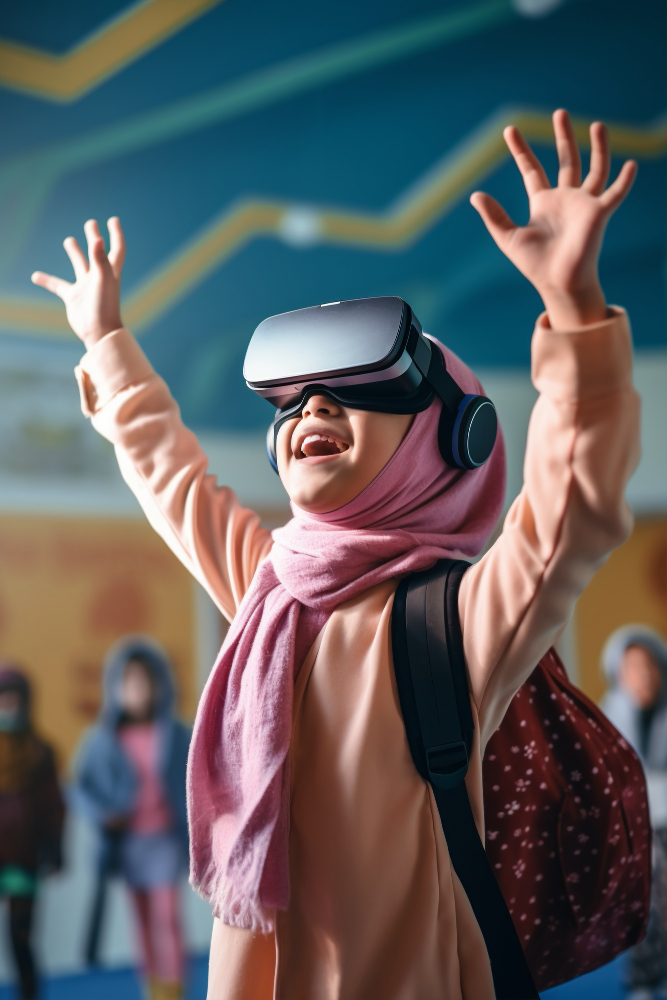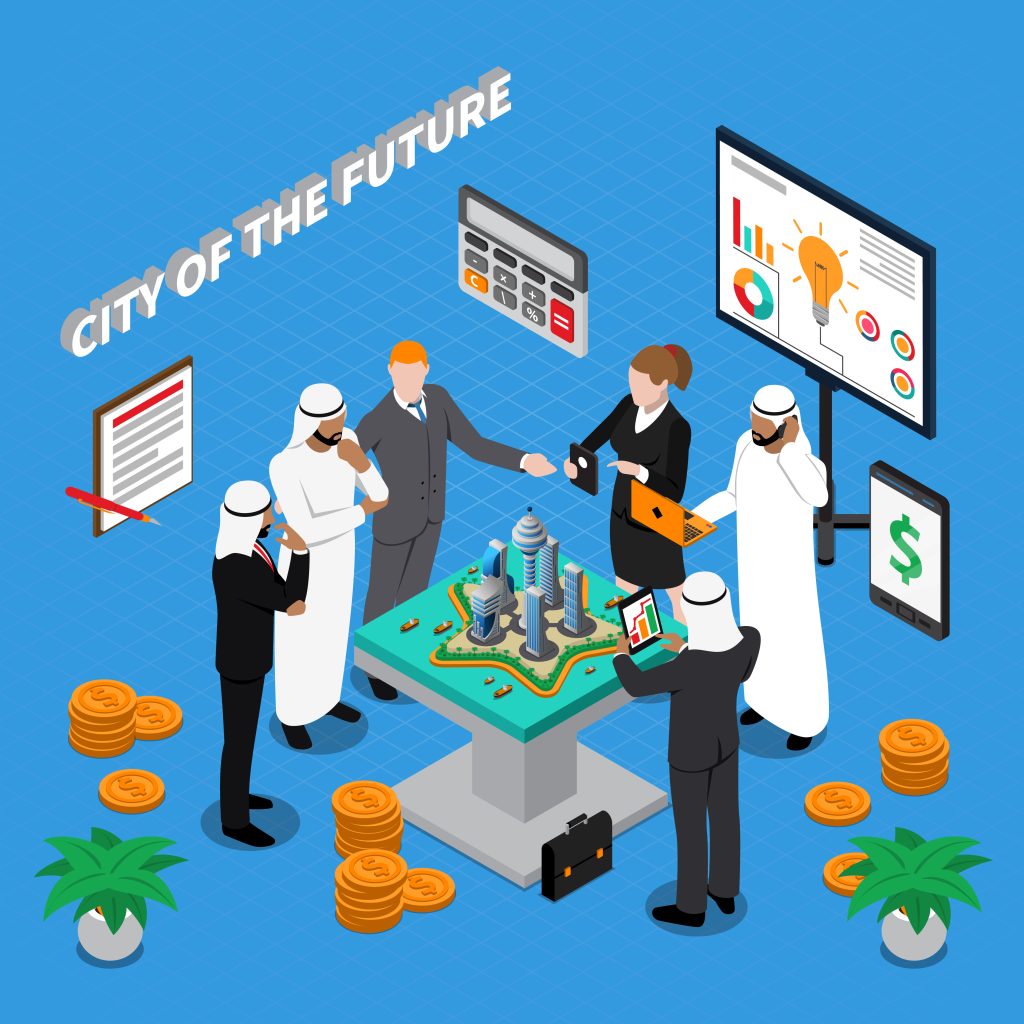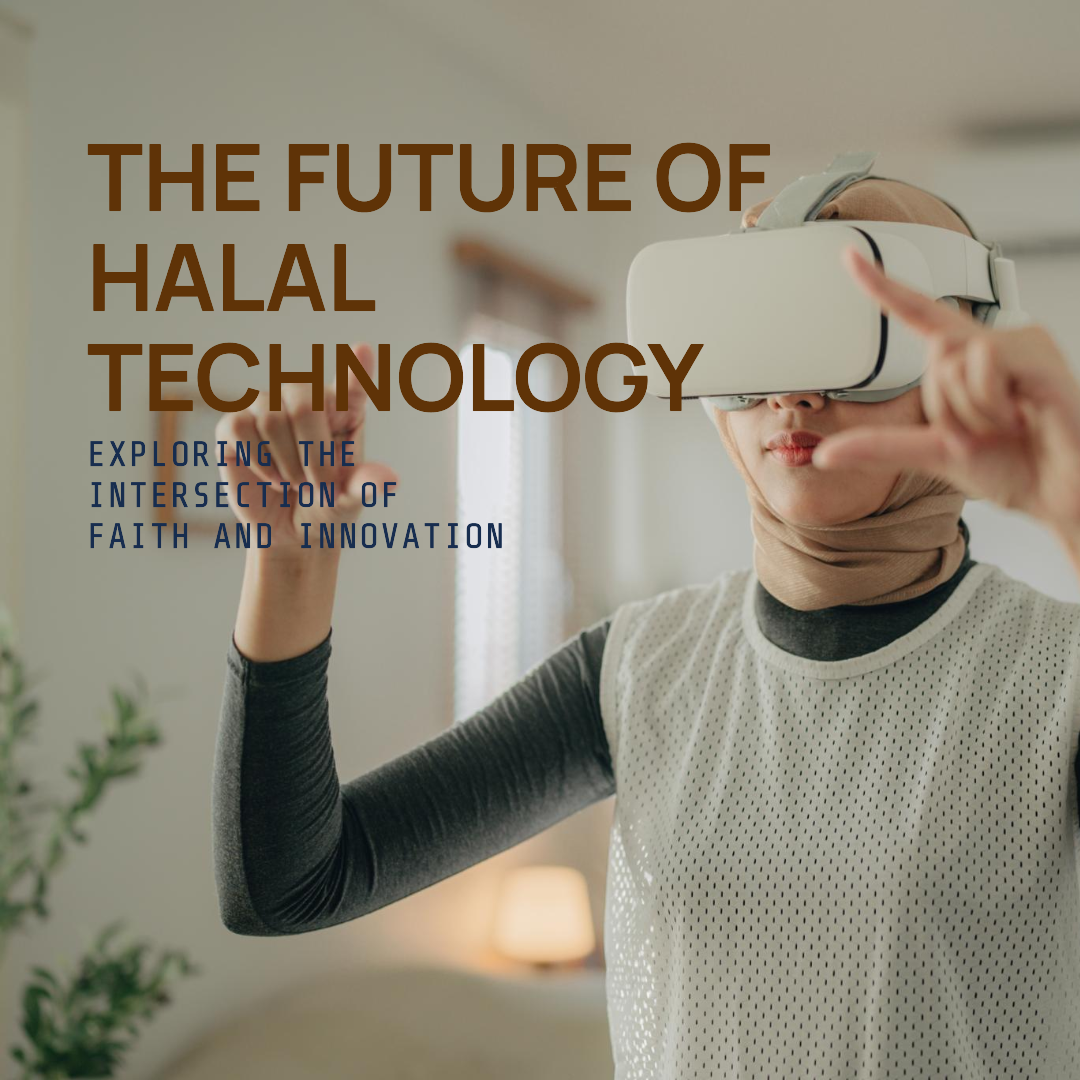As technology rapidly evolves, its influence permeates every facet of our lives, including the realm of Halal practices. The integration of advanced technology with Halal principles is not just a trend but a significant shift that promises to redefine the future of Halal industries. From blockchain technology ensuring transparency in Halal certification to AI-driven Halal food delivery services, the intersection of technology and Halal is opening up new horizons. This article delves into the future perspectives of this fascinating convergence, illustrating how it is set to transform Halal practices globally.
The Role of Blockchain in Halal Certification
Blockchain technology is revolutionizing the Halal certification process by providing a transparent, immutable ledger of the entire supply chain. This ensures that every step, from sourcing to processing, adheres strictly to Halal standards.
Enhanced Transparency
Blockchain allows consumers to trace the origins of Halal products, verifying that they meet the required standards. For instance, a consumer can scan a QR code on a product to access detailed information about its Halal certification process, including the source of raw materials and the methods of processing.
Improved Trust
Trust is paramount in the Halal industry. With blockchain, the certification process becomes more credible, as it eliminates the possibility of tampering and fraud. This builds greater consumer trust and confidence in Halal products.
Example:
The Halal Chain project is a notable example where blockchain is used to track the Halal status of food products, ensuring compliance with Islamic dietary laws.
Artificial Intelligence in Halal Food Services

Artificial Intelligence (AI) is transforming Halal food services by optimizing delivery routes, personalizing customer experiences, and ensuring food safety and quality.
Smart Halal Food Delivery
AI-driven platforms can predict delivery times more accurately, optimize delivery routes to ensure food arrives fresh, and even suggest personalized meal options based on customer preferences and dietary restrictions.
Quality Control
AI systems can monitor the quality of Halal food during processing and delivery. For example, AI-powered cameras and sensors can detect contamination or spoilage, ensuring that only high-quality, Halal-certified food reaches consumers.
Example:
Halal Navi, an AI-based app, helps Muslims find Halal restaurants worldwide, offering reviews, ratings, and detailed information about the food's Halal status.
Internet of Things (IoT) and Halal Compliance
The Internet of Things (IoT) integrates physical devices with digital systems, enhancing Halal compliance through real-time monitoring and automation.
Real-Time Monitoring
IoT devices can monitor critical parameters such as temperature, humidity, and hygiene conditions in Halal food production and storage facilities. This ensures that all processes comply with Halal standards.
Automation and Efficiency
Automation through IoT can streamline Halal certification processes, reducing human error and increasing efficiency. For instance, automated cleaning systems can ensure that equipment is thoroughly cleansed according to Halal requirements before production.
Example:
Smart Halal certification systems use IoT to monitor and record each stage of food processing, providing real-time data to certification bodies and consumers.
Virtual Reality (VR) in Halal Tourism

Virtual Reality (VR) offers immersive experiences that can enhance Halal tourism by providing virtual tours of destinations, Halal-friendly accommodations, and Islamic heritage sites.
Virtual Tours
VR technology allows Muslims to virtually explore Halal-friendly destinations, including hotels, restaurants, and tourist attractions, before making travel plans. This helps ensure that their travel arrangements comply with Islamic principles.
Cultural Education
VR can also be used to educate travelers about the cultural and religious significance of various sites, enhancing their travel experience and understanding of Islamic heritage.
Example:Halal Travel Guide offers VR tours of Halal-friendly destinations, allowing travelers to experience the ambiance and facilities before booking their trips.
Technology and Halal
The future of the intersection between technology and Halal practices promises exciting advancements that will further integrate these two fields.
Blockchain-Integrated Smart Contracts
Smart contracts can automate Halal certification renewals, ensuring timely compliance and reducing administrative burdens. These contracts can also facilitate international trade by ensuring that Halal certifications are recognized globally.
AI-Powered Halal Marketplaces
AI can power online marketplaces that exclusively feature Halal products, using machine learning to recommend products, optimize inventory, and enhance customer experience.
IoT-Enabled Smart Kitchens
Smart kitchens equipped with IoT devices can ensure that all cooking processes adhere to Halal standards, from ingredient sourcing to food preparation and storage.
Future of Technology and Halal Intersection
The intersection of technology and Halal is a dynamic field that is rapidly evolving. By embracing technological advancements such as blockchain, AI, IoT, and VR, the Halal industry can enhance transparency, efficiency, and consumer trust. These innovations not only uphold the integrity of Halal practices but also pave the way for a future where Halal products and services are more accessible and reliable. As we look ahead, the continued integration of technology with Halal principles promises to deliver profound benefits to consumers and businesses alike, ensuring that Halal practices remain relevant in the digital age.

Further reading:
- The Science Behind Halal: Health Benefits and Guidelines
- iHC Mechanism: New Era of Halal Entrepreneurship
- Fintech and Halal: A Convergence of Technology and Faith
- Halal Tech on the Rise: Boosting Efficiency with a Technological Surprise
- Integrating the Internet of Things in the halal food supply chain: A systematic literature review and research agenda
- Journeying with Faith and Progress: Embracing Innovation and Technology to Elevate Halal Travel

